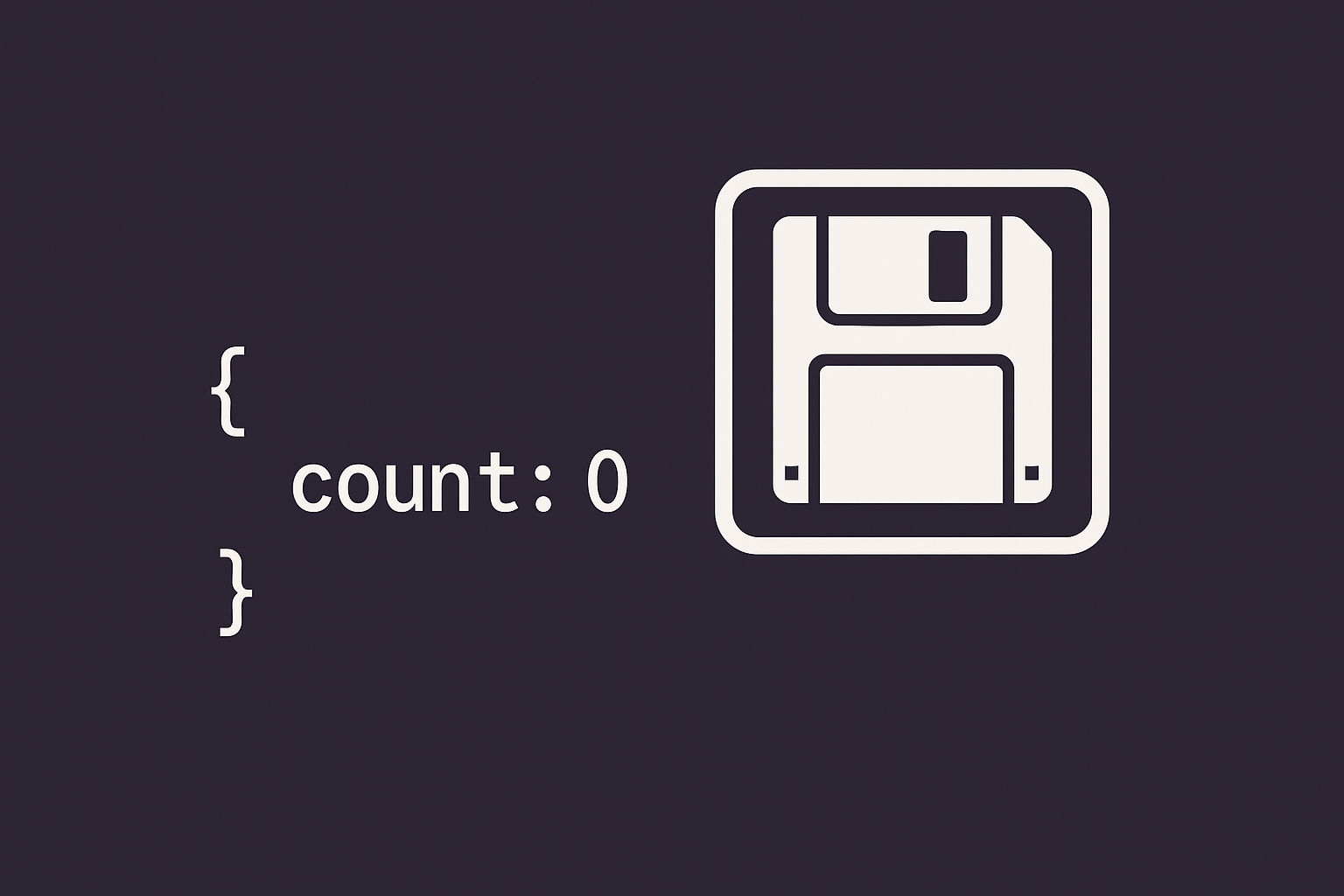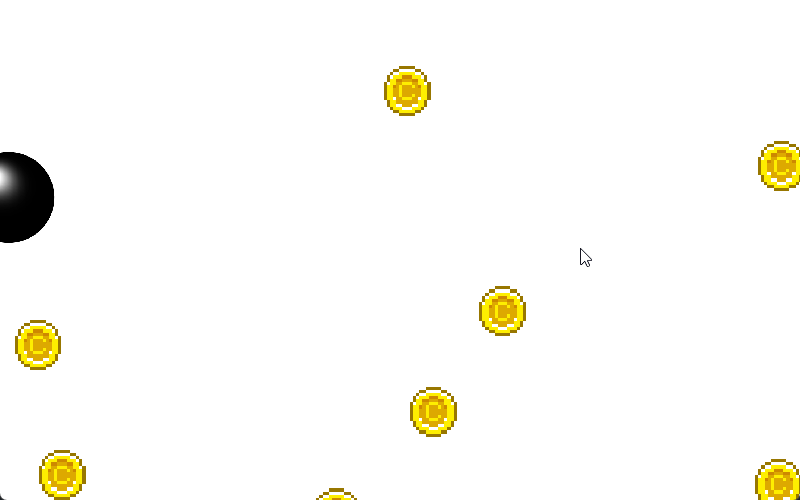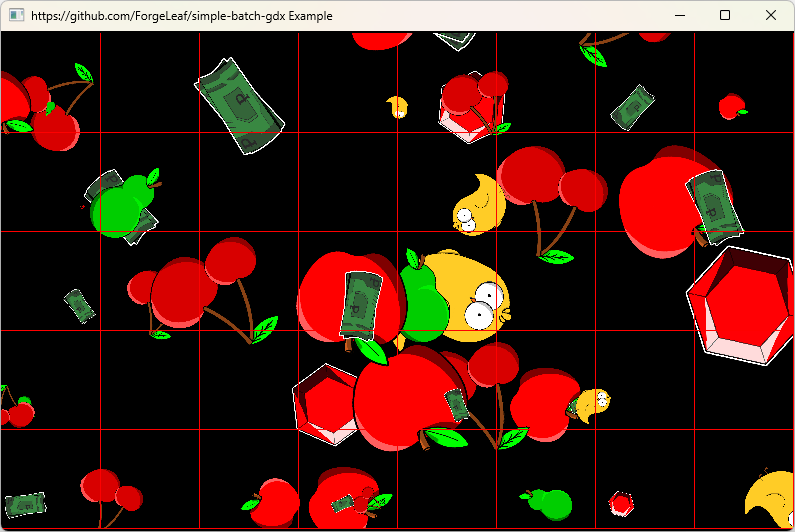
Bismillah.
Hey everyone, today we’ll compare our favorite Java game framework, the famous LibGDX, with some of the other popular alternatives to find our what suits you best!
I’ve separated the comparison into three tables:
- The first table summarizes the framework languages, ease of use, features, and their licenses.
- The second table wraps up the details about compatibility, performance, and ecosystem.
- The last table is about the community, reliability, and GitHub stars!
Take a look at the tables, I’ll explain it in detail afterwards.
Table 1
| Framework | Supported languages | Ease of use | Feature set | License |
|---|---|---|---|---|
| libGDX (Website) | Java (and other JVM languages such as Kotlin/Scala/Clojure) + native backends | Mature, many tutorials and examples; moderate learning-curve for 3D | Full-featured: 2D & 3D, physics, UI, WebGL/HTML5, mobile/desktop support | Apache 2.0 |
| MonoGame (Website) | C# / .NET | Familiar to .NET developers; moderate effort to integrate full game infrastructure | Robust: 2D & 3D, many platforms including consoles, content pipeline | Ms-PL |
| FNA (Website) | C# / .NET | Easier if you come from XNA; leaner feature set | Focused: XNA API compatibility, solid runtime | Ms-PL (some dual) |
| raylib (Website) | C (C99) core, many language bindings | Very easy to get started, designed for simplicity | Good: 2D & 3D rendering, audio, input; fewer high-level game engine abstractions | zlib / libpng |
| JNGL (Website) | C++ (C++17) | Lightweight, easy for 2D library usage | 2D game library: image/audio/video support, cross-platform | zlib |
| Mach (Website) | Zig | Early stage; more DIY needed | Graphics toolkit & game engine in Zig; promising but less mature | MIT / Apache-2.0 |
Table 2
| Framework | Platforms (Compatibility) | Performance | Ecosystem (Add-ons / Extensions) |
|---|---|---|---|
| libGDX | Windows, Linux, macOS, Android, iOS, HTML5/WebGL | Good performance, profiling tools available | Strong: many third-party libraries, active community |
| MonoGame | Windows, Linux, macOS, Android, iOS, major consoles (PS4/5, Xbox, Switch) | Very good (depends on infrastructure) | Good: many extensions, tools in .NET ecosystem |
| FNA | Windows, macOS, Linux | Very good for its target (lean XNA compatibility) | Smaller than major frameworks, but solid for its niche |
| raylib | Desktop (Windows/Linux/macOS), mobile (Android), embedded, Web via Emscripten | High potential due to C core and minimal overhead | Growing: many language bindings, educational usage |
| JNGL | Windows, Linux, macOS, Android, iOS, Xbox, Nintendo Switch | C++ gives strong potential; library rather than full engine | Smaller: fewer mature third-party add-ons compared to big ecosystems |
| Mach | Desktop, mobile, cross-platform aims (via Zig) | Very high potential (Zig is systems-language), but less proven | Very small ecosystem currently, early stage project |
Table 3
| Framework | Community & Maintenance Status | Reliability (Published Games / Track Record) | GitHub Stats (Stars / Forks / Commits) |
|---|---|---|---|
| libGDX | Mature, long-running, many contributors | Many published games; robust track record | ~19 000 stars (approx) |
| MonoGame | Active community, still used widely | Many high-profile indie games (e.g., Celeste, Stardew Valley) | ~12 600 stars, ~3 000 forks (approx) |
| FNA | Focused community, smaller scale | Reliable for porting XNA games, solid though smaller footprint | ~2 900 stars, ~300 forks |
| raylib | Growing enthusiast/hobbyist community | Good for prototypes and smaller games | Several thousands of stars (exact number varies) |
| JNGL | Smaller, niche community | Some published games listed; less commercial visibility | ~300 stars, ~20-30 forks (as of snapshot) |
| Mach | Very early stage, smaller community | Few if any large published commercial titles yet | Relatively low star/fork counts (early project) |
* Note: GitHub stars/forks/commits numbers are approximate or from snapshot references; the exact counts may change.
In-Depth Comparison & Commentary
Now I’ll walk through each dimension with more commentary, and highlight how you might choose based on your context.
Supported Languages
- libGDX: Primarily Java, but because it’s JVM-based you can use Kotlin, Scala, Clojure, etc. Also uses some C++/native code for backends.
- MonoGame: C#/.NET – strong if you are already working in the .NET ecosystem.
- FNA: Also C#, with XNA-style API. Good for porting older XNA games or for developers familiar with that.
- raylib: Core in C (C99) and has many bindings to other languages. Good if you like C or want high performance with minimal overhead.
- JNGL: C++ 17. Good if you are comfortable in that and want something more lightweight.
- Mach (for Zig): Zig – which is less mature in game-framework land, but offers performance and modern language features.
Ease of Use
- libGDX: Because it’s mature, there are many tutorials, extensions and example projects. Good for both 2D and 3D. But being a full framework means some learning curve.
- MonoGame: If you know C#/.NET, you’ll feel comfortable. But you’ll still need to build much of the game infrastructure yourself (not a full editor engine).
- FNA: More specific niche (XNA-style). For someone migrating from XNA, it might feel easier. But smaller community means fewer “how-to” resources.
- raylib: One of the easiest to pick up for small games or prototypes. Its API is simple and minimal. For more complex games you may build more infrastructure yourself.
- JNGL: Being lightweight, easier to start. But fewer ready-made tools may mean building more yourself.
- Mach: Early stage means more “DIY”. Good if you like cutting edge and building tools yourself; less good if you want “out of box”.
Feature Set
- libGDX: Very complete. 2D and 3D, physics integration (Box2D wrapper), UI tools, WebGL/HTML5 backend, etc.
- MonoGame: Strong; supports 2D & 3D, many platforms including consoles. But you may need to integrate additional libraries for things like physics, UI etc.
- FNA: Focused on being a highly accurate implementation of XNA. So it has fewer “extras” beyond that core.
- raylib: Good for rendering, input, audio; but less “full-engine” features such as scene editors, ECS frameworks built-in. You often compose more yourself.
- JNGL: A 2D framework, so fewer high-end features than full 3D engines.
- Mach: As early stage, feature set is smaller; you sacrifice maturity for modern language (Zig) and potential performance.
Compatibility (Platforms)
- libGDX: Broad – Windows, Linux, macOS, Android, iOS, HTML5/web.
- MonoGame: Very broad – desktops, mobile, consoles.
- FNA: Desktop (Windows/macOS/Linux) primarily. Less mobile/console support.
- raylib: Many platforms (desktop, mobile, embedded, web via Emscripten).
- JNGL: C++ portability means many platforms possible, plus “licensed” native builds for console.
- Mach: Depends on how far platform backends are developed; likely desktop first, mobile/web later.
Performance
- libGDX: Solid. There are performance guides, profiling tools built-in (e.g., GLProfiler) to help optimise.
- MonoGame: Good for many games. Performance depends heavily on how you structure things (because you’re closer to the metal).
- FNA: Very good for its target domain (accuracy + performance). Some anecdotal feedback: “As far as I know, FNA focuses more on performance … and it’s easier to set up and use for small projects compared to MonoGame.”
- raylib: Because it’s minimal and in C, it can be very performant especially for 2D/3D moderate games.
- JNGL: C++ may introduce some overhead; but for many 2D games this is not prohibitive.
- Mach: Likely very high potential performance (Zig is designed for performance) but less proven.
Ecosystem (Addons, Extensions)
- libGDX: Strong, there’s a curated “Awesome-libGDX” list of extensions.
- MonoGame: Also strong, many community libraries, tools, pipelines build on it.
- FNA: More modest ecosystem; but quite solid for its niche of XNA style development.
- raylib: Growing ecosystem of language bindings, examples, tools (especially for education/hobby).
- JNGL: Smaller ecosystem; fewer third-party mature extensions, so more “roll-your-own”.
- Mach: Very small ecosystem (early stage), if you go here you should expect to be building more yourself.
Community / Maintenance
- libGDX: Mature and active overall; many projects, forums, contributions.
- MonoGame: Also active, still used by many developers. Example: community thread “How good of a replacement is MonoGame for Unity?” shows activity.
- FNA: Smaller community but focused and consistent.
- raylib: Growing enthusiast community, especially in hobby/education.
- JNGL: Smaller community. If you prefer larger community support this may be a drawback.
- Mach: Very early, smaller community; if you like cutting edge and contributing yourself this may be fine.
Reliability (Amount of Published Games)
- libGDX: Many published games; you also referenced the “Games-Made-With-LibGDX” list.
- MonoGame: Several high-profile indie games are built with it (e.g., Celeste, Stardew Valley)
- FNA: Good for ports of XNA games; less “new games” than some other frameworks but credible.
- raylib: Good for prototypes, hobby games; fewer large commercial releases (at least in comparison).
- JNGL: Less visibility of large commercial games; still viable but fewer “big name” references.
- Mach: Very early stage; few (if any) published major titles yet.
GitHub Stars / Commits / Forks
- libGDX: According to one dataset ~19 278 stars for libgdx/libgdx.
- MonoGame: ~12.6 K stars, ~3 K forks (at least at one snapshot)
- FNA: ~2.9 K stars, ~306 forks
- raylib: The Wikipedia page notes many platforms but doesn’t give exact star count in the snippet; one can check GitHub for up-to-date numbers.
- JNGL / Mach: Less visible stats in my quick search; smaller projects, fewer stars.
License
- libGDX: Apache 2.0.
- MonoGame: Microsoft Public License (Ms-PL)
- FNA: Ms-PL (with some dual-licensed components)
- raylib: zlib/libpng license
- JNGL: Not immediately found in my search; you’ll want to check the repo.
- Mach: Specific repo license should be checked; early stage frameworks often use MIT or similar permissive licenses.
My Recommendations & Use Cases
Here’s how I’d summarise which framework suits which use case:
- If you are comfortable in Java (or Kotlin) and want a mature cross-platform framework (desktop + mobile + web) with a good ecosystem, libGDX is a very solid choice.
- If you are a C#/.NET developer and want to target many platforms including consoles, MonoGame is strong. Note that you might build more infrastructure yourself compared to a “full engine”.
- If you specifically want an XNA-style API (perhaps porting older XNA games) and want performance + accuracy on desktop, FNA is worth considering.
- If you are prototyping, learning game dev, or want simplicity in C and fast turnaround, raylib is a great fit.
- If you prefer C++ and want something lightweight for 2D games, JNGL could work, but be aware the ecosystem is smaller.
- If you are into Zig (a newer systems language) and want to experiment, Mach is very interesting, but expect more “build it yourself” and less mature tooling.
Final Thoughts
When choosing a framework you should weigh:
- Language comfort: If you already know Java → libGDX; C# → MonoGame; C/C++ → raylib; Zig → Mach.
- Platform targets: Do you need mobile + web + desktop + console? Some frameworks cover more than others.
- Ecosystem and community: More mature frameworks mean more tutorials, libraries, published games, and “someone else solved it” for you.
- Feature needs: Do you need 3D, physics, UI, asset pipeline, consoles? Or are you just doing 2D simple?
- Performance / control vs productivity: Lower-level frameworks (raylib, Mach) give you more control and performance potential but more work. Higher-level frameworks (libGDX, MonoGame) give more productivity at the cost of some overhead.
- Longevity / reliability: Mature frameworks with lots of published games are lower risk.
Thanks for reading my article, I’d love to hear some constructive feedback from you! You just have to fill up the form below the article and I’ll hopefully respond to you.





